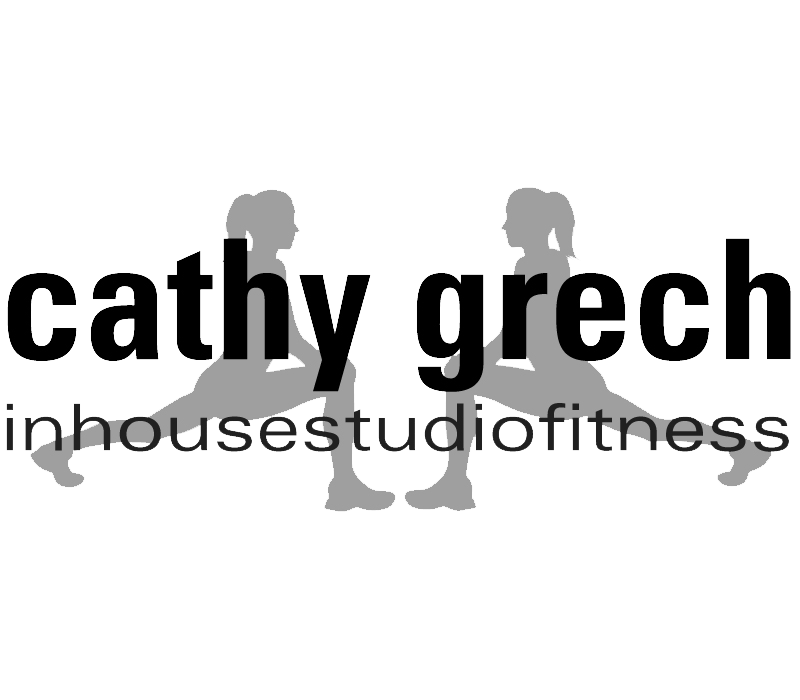Choosing a Workout Shoe
As a teenager, peer pressure and powerful marketing meant that I desperately wanted to upgrade the Adidas Rome runners I wore with my Faberge jeans to whatever was the latest Nike at the time. I’ve grown up a bit since then….sort of… and I now know that the highest price point and exceptional advertising doesn’t always mean it’s the best shoe. Stepping into a sports shoe store can be an overwhelming experience so let’s take a look at the key things you should know before popping your tootsies into some new runners.
Earlier this year, John Osborne an experienced and very knowledgeable podiatrist in Mulgrave, popped into the Studio and we discussed all things feet and training. The video is well worth watching so click here if you want to check it out! John shares a lot of really good information but a key takeaway is that you don’t worry if you have flat feet or high arches just choose your shoe based on the activity they will be used for and from there, choose based on comfort! BUT, if you have a known injury, check in with your podiatrist for more specific advice so you can avoid aggravating any problems.
So let’s break that down a bit more and take a look at some activities and what sort of shoe you should consider.
RUNNING
For those who run regularly, you need your shoe to be highly cushioned and supportive. Kind of seems obvious when you think about the pounding you give your feet when running! If you are in training for an event, it’s worth considering rotating two pairs of runners - one to train in and wear 80% of the time and your event pair that you utilise during 20% of your training. This will mean you are conditioning your body for wearing a lighter shoe during the event and having the advantage of it being worn in thereby reducing blisters and discomfort that can come with breaking in a new shoe.
In terms of your 80% shoe, Asics Kayano, Brooks Adrenaline or Mizuno Inspire are worth considering.
For your event shoe, the one that you also wear for 20% of your running when in training, take a look at the Mizuno Shadow, Asics DS trainer or the Saucony Kinvara.
IN THE GYM
It can be quite challenging to choose the right shoe for the gym as it is very much going to depend on the activities you are performing:
Weights – you really want to stay connected to the ground when lifting so the focus here is on a flat, stable shoe that doesn’t compress in the manner of a running shoe. Take a look at the Nike Metcon or the New Balance Minimus Prevail if weights are your core focus.
Classes/Mixing it up – You might head to the Studio with me and think you are going to be lifting some weights and then sitting on a bike for a little while (yeah, right). But I surprise you with a more energetic class that means you doing hand weights, burpees, skipping, sprints, squats, lunges and all those other fun exercises I have up my sleeve. This is where a cross training shoe may be more beneficial.
When choosing a cross trainer, think about flexible and breathable uppers (many come in leather), cushioned heels for impact absorption, reinforced panels that hold feet in place during side to side movement giving you lateral stability and try to find one that is lightweight. Either way, there are plenty out there are varying price points such as the New Balance 20v7 Minimus Cross Trainer, Asics Gel Quantum, Asics Gel-800 XTR or the New Balance Roav.
When shopping for shoes to train in and you are finding it confusing, work out their primary use, check out the features you need and if in doubt, go back to John’s advice and choose the shoe that you find most comfortable!
